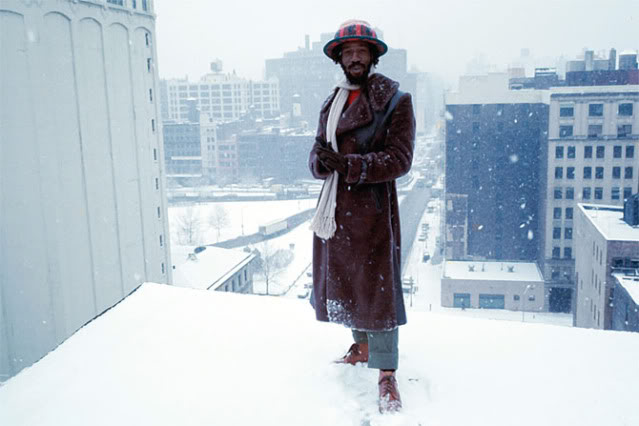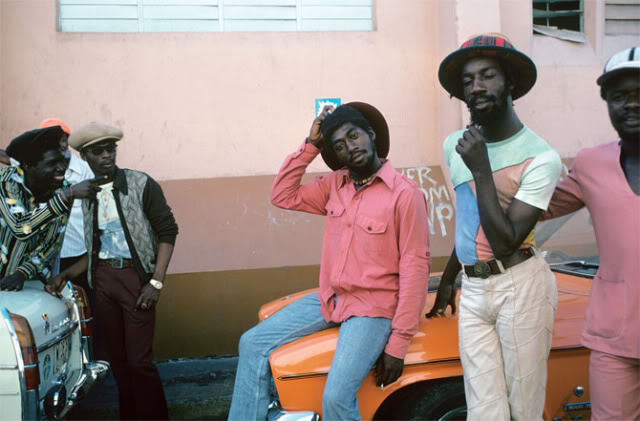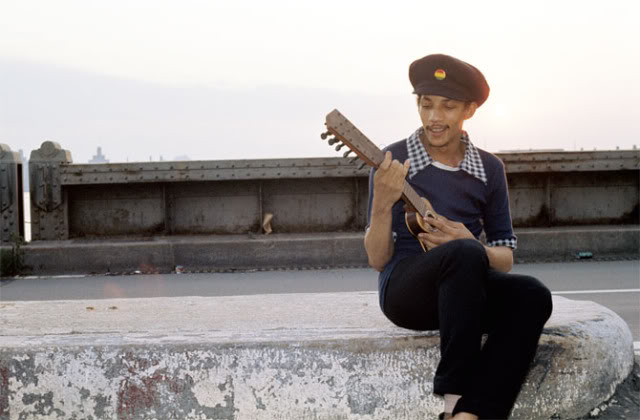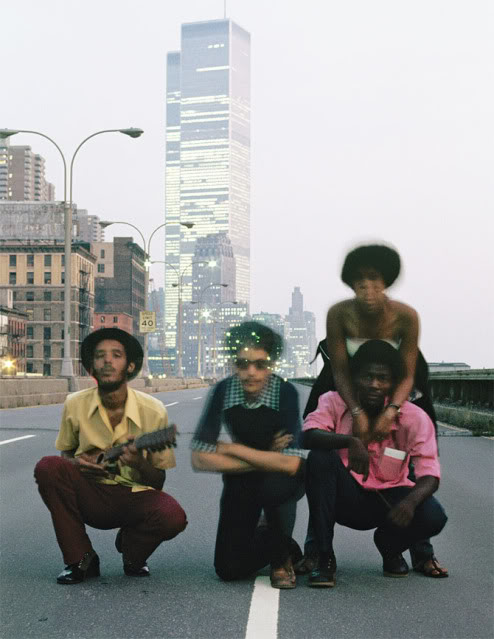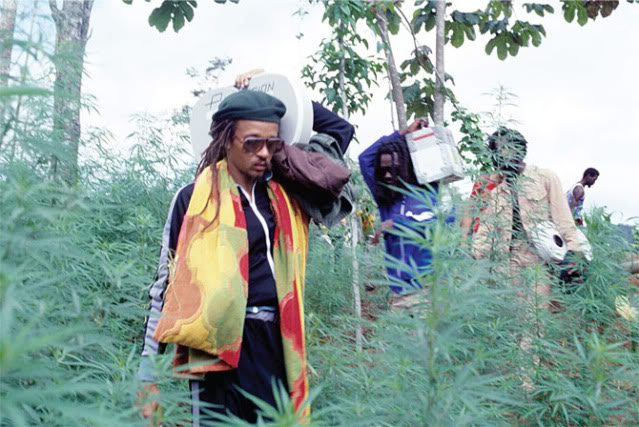How did you get the musicians to play roles in your film? In the end, you didn’t shoot a documentary.
I lived with them for more than two years and it took me a while to persuade them. It was not something you could impose. What was interesting about the film is that everything was done in reverse: I did the casting first, then I picked the locations, and in the end I wrote the script. They all play themselves. What they say is very simple, even the plot is very lean. I had lived on the island for a while, so I didn’t want to shoot a documentary—anyone could do that. I wanted to make a movie on Jamaica’s music and include everyone who was there, except Bob Marley.
Why didn’t you want him in the movie?
Because he was already a big star and it would become a film about Marley. He would definitely overshadow the other musicians, who were his equals or better, and I didn’t want that. I have nothing against Marley, but I really believe that Burning Spear was great, and the same goes for most musicians in the film. For different reasons. I managed to get all the good musicians to take part in it and I think I captured that music at its best moment.
How was the movie received?
Terrifically. It was screened for the first time at the Los Angeles Film Festival in a packed 800-seat theater. It got another screening at the end of the festival because there were so many people who wanted to see it. At Cannes it was screened on the same night with Francis Ford Coppola’s Apocalypse Now and there was an incident with thousands of people, mounted police, and riot police. There were people who wanted to get in, the tickets were all sold out, and mayhem broke out. It was all over the front pages next day. I was intrigued by the reviews in France, even by conservative papers. The first sentence in Le Monde was “Rockers is not a film, it is a work of art. So good it is difficult to believe, yet it is real.”
To what do you attribute this success?
Reggae had become an international genre of music, like samba, rumba, and Cuban music. It had gone a step further, reaching audiences all over the world for the first time. Immediately after the screening, they began treating me like something intriguing. I got proposals from Hollywood, but my mind was set on other things.
Did you make money from the film?
Incredibly enough, no. None. Some people made loads. From the music alone. There were major problems afterward, when the film was done.
What happened?
Things got messy. No one had the experience, neither the producer nor I. No one had ever done anything like it and they had no idea what to do. They thought that it was all about a short little film and they didn’t bother getting involved in the process.
The process of promoting it?
They did promote it, but they were left with nothing. They didn’t know how to capitalize on it. On the other hand, even if they did, I think they would have done exactly the same. Believe me, it is now, after 30 years, that I have begun making money from it. Through the DVD. After all these years, a check has just arrived for a small sum… a very small sum. It is pretty ridiculous. I didn’t make any money from the music either. I would go to Tower Records in New York and would see stacks of CDs and think that others were making money that was mine. I am the soundtrack’s producer.
How much did the movie cost?
About $500,000. I met this producer, a young guy bitten by the film bug who believed in me, and we worked together. I showed him some footage and he said, “Go ahead and do whatever you want.” He gave me the go-ahead. Unfortunately he is no longer alive.

